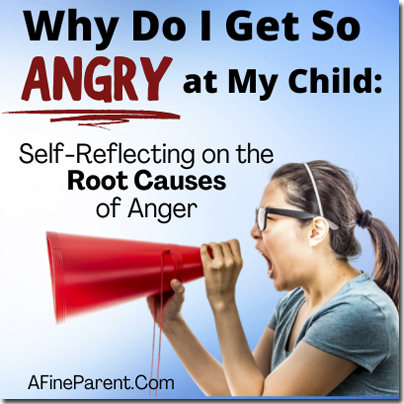 My ex-wife, our teenage son and I were sitting at a table in an airport café. He was telling her about our summer holiday with my parents.
My ex-wife, our teenage son and I were sitting at a table in an airport café. He was telling her about our summer holiday with my parents.
“Why are you so well-behaved?” she said suddenly. “I mean, you’re a teenager! Shouldn’t you be more rebellious?”
Our son pondered the question.
“Do you know what it is?” he said. “I actually think your rules are fair. And if there’s a rule I don’t think is fair, I know I can talk to you about it and you’ll listen.”
His mother and I exchanged a glance. We were delighted, of course, but this had been our intention from the beginning. We wanted our parenting to be fair.
Still…wanting something and achieving it are two different things.
Do you find it challenging to achieve fairness in parenting? Does your child find your parenting fair? And do you and your partner agree on what fairness is?
Rest assured, you are not alone! [Read more…]
 Once, as I stepped up to speak with a group of parents, the woman in charge introduced me with these words: “Here’s Jill, the Anger Mom.”
Once, as I stepped up to speak with a group of parents, the woman in charge introduced me with these words: “Here’s Jill, the Anger Mom.” Do you wonder why your child seems to explode with an outburst at the slightest inconvenience?
Do you wonder why your child seems to explode with an outburst at the slightest inconvenience? My daughter used to yell at, throw things at, and chase our cats. Although she never hit them, the behavior she exhibited scared our cats to the point in which they became wary of her. Our Siamese, Scott, would hiss at her when she’d pass by and our Scottish Fold, Opie, avoided her as much as possible.
My daughter used to yell at, throw things at, and chase our cats. Although she never hit them, the behavior she exhibited scared our cats to the point in which they became wary of her. Our Siamese, Scott, would hiss at her when she’d pass by and our Scottish Fold, Opie, avoided her as much as possible. Last fall, I put my oldest son into public school for the first time.
Last fall, I put my oldest son into public school for the first time.